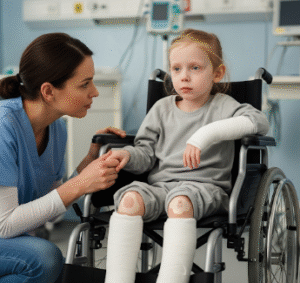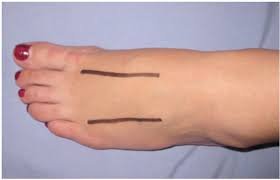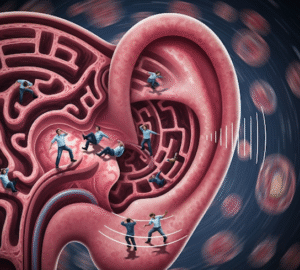Overview
Agoraphobia is an anxiety disorder characterized by the fear of being in situations where escape might be difficult or help might not be available if something goes wrong. People with agoraphobia often avoid public places, crowded areas, or even leaving home. If left untreated, this condition can severely limit a person’s ability to function in daily life.
What is Agoraphobia?
Agoraphobia is more than just a fear of open spaces — it involves intense fear or anxiety about a variety of situations, such as:
- Using public transportation
- Being in open or enclosed spaces
- Standing in line or being in a crowd
- Being outside the home alone
In severe cases, individuals may become housebound. Agoraphobia often develops as a complication of panic disorder, though it can occur on its own.
Symptoms
Symptoms of agoraphobia can be both psychological and physical, and may include:
- Fear of leaving home
- Fear of crowded places
- Panic attacks when faced with feared situations
- Feelings of helplessness or embarrassment
- Physical symptoms such as rapid heartbeat, shortness of breath, dizziness, sweating, and chest pain
- Avoidance behavior that disrupts daily life
Causes
The exact cause of agoraphobia is unknown, but it is believed to be a combination of biological, psychological, and environmental factors:
- History of panic attacks or panic disorder
- Family history of anxiety or other mental health conditions
- History of trauma or stressful events
- An overly sensitive temperament or personality
Risk Factors
Several factors may increase the risk of developing agoraphobia:
- Having panic disorder or other anxiety disorders
- Experiencing traumatic life events, such as abuse or the death of a loved one
- Family history of anxiety or phobias
- High-stress lifestyle
- Substance abuse (which may worsen symptoms)
Complications
If untreated, agoraphobia can lead to:
- Social isolation
- Depression
- Substance use disorders
- Reduced educational or career opportunities
- Dependence on others for daily activities
- Worsening of other anxiety disorders
Prevention
While agoraphobia may not always be preventable, certain strategies can reduce the risk or severity:
- Early treatment of panic attacks or anxiety symptoms
- Cognitive-behavioral therapy (CBT) at the onset of symptoms
- Stress management and relaxation techniques
- Avoidance of alcohol or drug misuse
- Support from family or mental health professionals
Treatment Options Korea
Effective treatments are available and often involve a combination of therapies:
- Cognitive-Behavioral Therapy (CBT)
The most effective psychological treatment for agoraphobia. It helps individuals understand and manage their fears by changing negative thought patterns. - Exposure Therapy
Gradual exposure to feared situations to reduce anxiety and avoidance behaviors. - Medications
- SSRIs (e.g., sertraline, fluoxetine) – first-line medications
- Benzodiazepines – short-term relief (used cautiously)
- Beta-blockers or anti-anxiety meds for symptom control
- Lifestyle Changes
Regular exercise, mindfulness, deep breathing, and healthy sleep habits can support treatment. - Support Groups & Counseling
Talking to others with similar experiences can reduce isolation and improve coping.
Early diagnosis and consistent treatment greatly improve outcomes and quality of life for individuals with agoraphobia.













